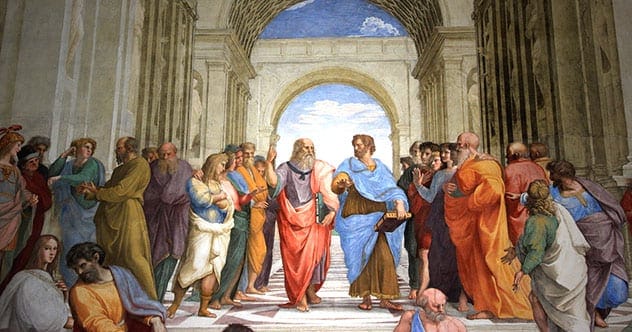Ever wondered about the giant leaps humanity took to get where we are today? It’s easy to get caught up in the present, but looking back can be incredibly inspiring. Western Civilization, with its long and complex history, has given us some truly remarkable achievements. These aren’t just old stories; they’re the foundations of our daily lives.
From basic comforts to grand ideas, brilliant minds throughout history have crafted innovations that changed everything. Let’s take a moment to appreciate these pivotal contributions. Here’s a look at ten historical triumphs that highlight the ingenuity and enduring spirit of Western Civilization.
10. Groundbreaking Plumbing Systems
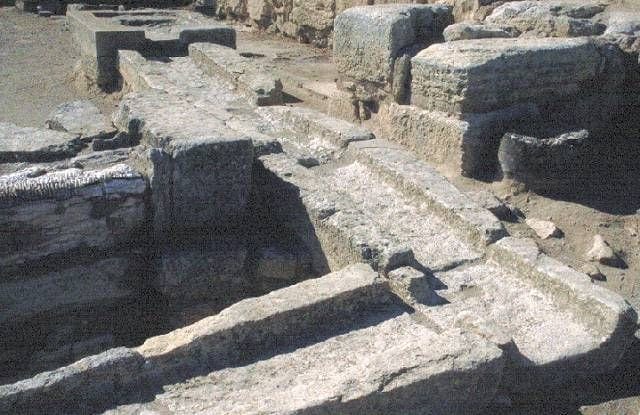
It might sound simple, but plumbing is a cornerstone of civilization. You can’t have thriving cities without clean water and a way to remove waste. The Minoans on Crete were pioneers, developing intricate underground pipe systems around 1800 B.C. Their capital, Knossos, had a system for fresh water, sanitation, and even storm drainage to prevent backups.[1]
Amazingly, the Minoans also had the first known flush toilets! Some palaces even featured advanced siphon systems with clay pipes that were still functional thousands of years later.[2] The ancient Greeks in Athens also innovated with indoor plumbing, permitting pressurized showers. Later, Heron of Alexandria used pressurized pipes for firefighting in the 1st Century A.D. These developments were crucial for public health and urban living.
9. The Dawn of Coins as Common Currency
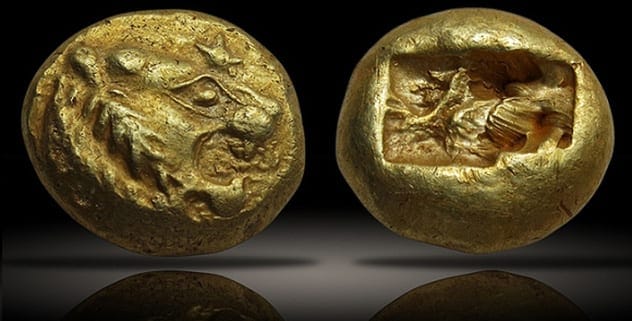
Imagine a world without money, where every transaction is a negotiation. The shift to a common currency was a massive step for commerce. While many cultures likely wanted such a system, creating a universally accepted monetary unit requires stability and a recognized authority. Metal coins fit the bill perfectly: they’re hard to counterfeit, portable, durable, and can hold value both physically (through precious metals) and representatively (backed by a government).
The Lydian Stater, introduced in the late 7th Century B.C. in modern-day western Turkey, was one of the first to meet these criteria.[3] These coins were made from a consistent mix of gold, silver, and copper. Ancient Lydia, a bustling trade hub, showed an invention born of necessity.[4] This innovation streamlined trade and laid the groundwork for complex economies.
8. The Spread and Evolution of Democracy
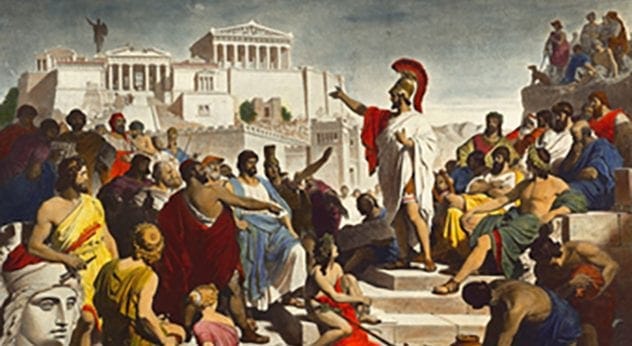
The idea of citizens having a say in their government has deep roots, particularly in ancient Greece. The very word “democracy” comes from the Greek words ‘demos’ (people) and ‘kratos’ (rule). Around the late 6th or early 5th Century B.C., a more formal system of self-government emerged in Greece.[5]
Ancient Greek democracy included the Ekklesia (for laws and foreign policy), the Boule (representatives from Athenian tribes), and the Dikasteria (public courts with lottery-selected jurors). The Boule was particularly interesting: 500 citizens were chosen randomly each year to serve, proposing laws. Unlike today’s representative systems, ancient Greece practiced “direct democracy,” where all citizens could vote on new laws using pottery shards called ostraka.[6] This system aimed to give people a voice, limit power, and ensure peaceful transitions of authority.
7. The Enduring Legacy of Ancient Classical Literature
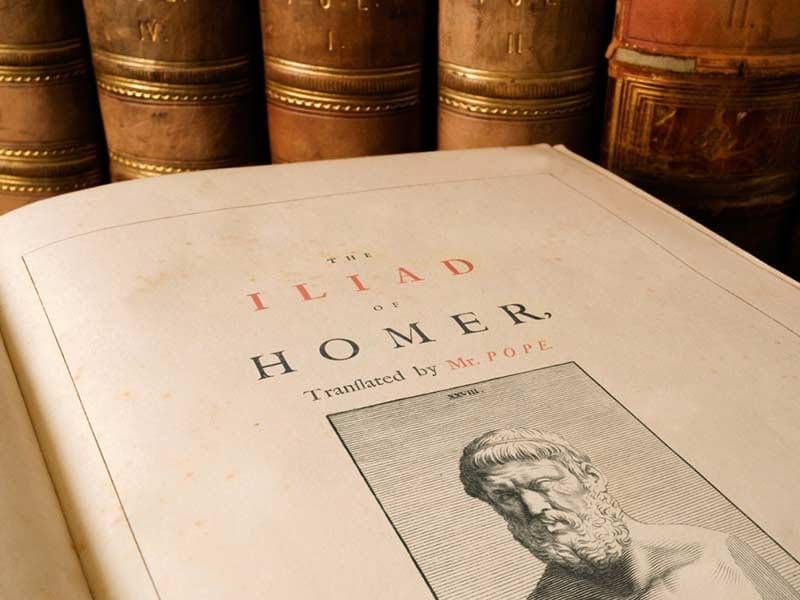
The impact of ancient Greek and Roman literature is almost immeasurable. It has profoundly influenced modern storytelling, giving us dramas, hero’s journeys, and comedies. More than that, these ancient texts show us that many of today’s struggles are not new. Reading a Greek tragedy can be a surprisingly relatable experience.
Consider Euripides’ Medea.[8] Is she a ruthless killer or a woman pushed to desperate measures by betrayal and powerlessness? It’s a timeless exploration of female agency and its tragic consequences. Or take Sophocles’ Antigone, who defies a king to honor her brother, claiming divine law trumps human law. Her civil disobedience, though met with a death sentence, highlights courage and moral conviction. These classics remind us that core human experiences—oppression, love, betrayal—are universal and have been explored for millennia.
6. Scholasticism and the Scientific Method
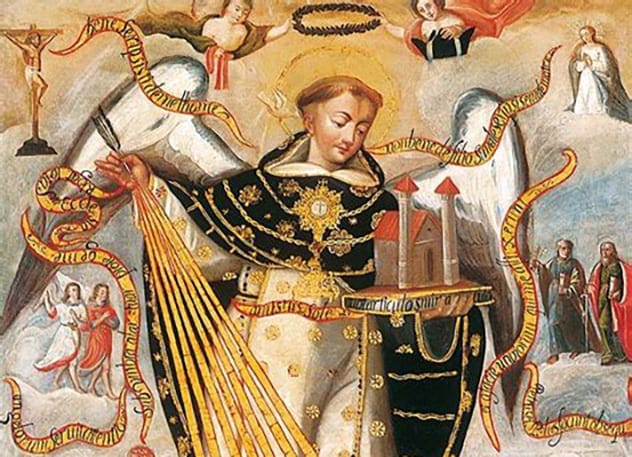
Reasoning is as old as humanity, but Western Civilization played a key role in formalizing it. This structure helped advance science by challenging unproven ideas and building on previous discoveries. Scholasticism,[9] prominent in medieval universities, applied reason to philosophy and theology. In the 13th Century, Saint Albertus Magnus advocated for distinguishing between revealed truth and experimental science. This separation, though scholasticism was tied to the Church, helped create space for reason-based inquiry, paving the way for the Renaissance.
Albertus Magnus and his student, St. Thomas Aquinas, made significant scientific observations. Another contemporary, Roger Bacon, urged skepticism towards preconceived notions, even those from revered ancient thinkers like Aristotle. Centuries later, in 1621, Francis Bacon published Novum Organum, promoting inductive reasoning for scientific thought. His method involved describing facts, categorizing them, and then drawing conclusions,[10] setting the stage for the modern scientific method[11] used to test hypotheses today.
5. The Printing Press and the Rise of Mass Literacy
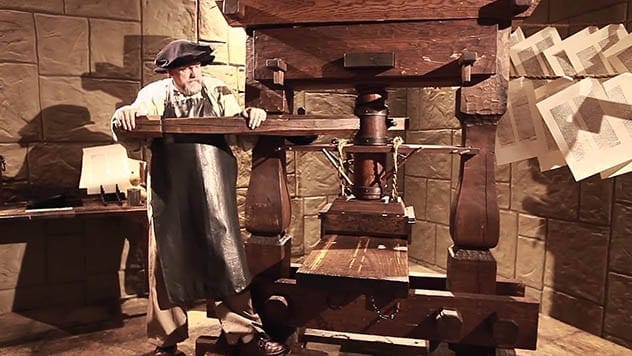
The year 1440 marks a pivotal moment for human knowledge. Johannes Gutenberg, a German inventor, created a printing press capable of mass-producing books. While earlier presses existed, Gutenberg’s was the first designed specifically for books. Before this invention, copying books was a slow, manual process, making them rare and expensive. As a result, only about 30% of European adults could read by the mid-15th Century.
The Gutenberg Press revolutionized the availability and economics of books. Literacy rates soared, and the European Renaissance, already underway, gained incredible momentum. Historian Ada Palmer notes, “What had been a project to educate only the few wealthiest elite…could now become a project to put a library in every medium-sized town.”[12] The press also accelerated advanced education by allowing knowledge to be shared more broadly and accurately, especially for technical subjects like engineering and mathematics.[13]
4. Circumnavigation: Understanding Our World
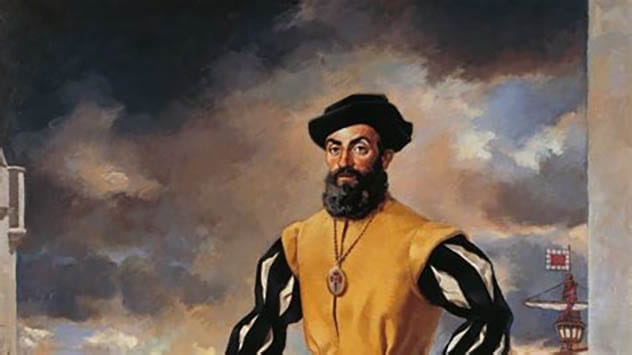
Humans have explored by sea for tens of thousands of years, from the first inhabitants of Australia[14] to Polynesian island settlers and Nordic explorers. However, no one in recorded history had sailed completely around the Earth, a feat crucial for understanding global geography.
This changed in 1519 when Ferdinand Magellan[15] set sail from Spain with five ships, aiming to find a quicker trade route to the East Indies. He didn’t find that route, but he did discover a waterway at South America’s southern tip connecting two oceans—now known as the Strait of Magellan. The vast, calm ocean he entered he named the Pacific, meaning “peaceful.”
Magellan himself didn’t complete the journey; he was killed in the Philippines in 1521. Only one ship, the Victoria,[16] returned to Spain in 1522. Though not a commercial success, Magellan’s expedition answered a fundamental question: How big is the world? This journey provided a holistic understanding of our planet, forever changing navigation and exploration.
3. Aeronautics: From Hot Air Balloons to the Moon
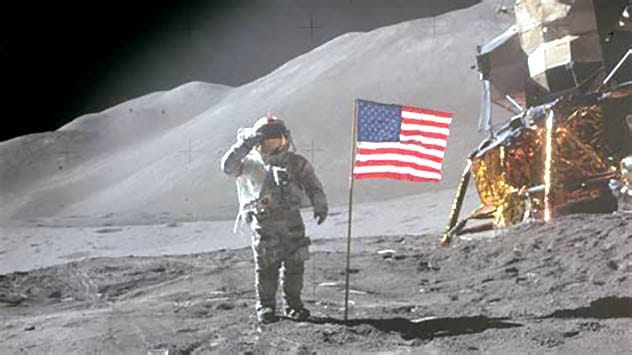
In 1784, an amazing event unfolded in Paris. Marquis d’Arlandes and Pilatre de Rozier made history by taking the first untethered hot-air balloon flight, witnessed by Benjamin Franklin and John Adams.[17] Their linen and paper balloon, powered by burning straw, soared to 3,000 feet and traveled five miles. These “Aeronauts” became instant celebrities, inspiring fashion and decor.[18]
More than a century later, Western civilization took another giant leap. In 1903, Wilbur and Orville Wright achieved the first successful airplane flight.[19] Aeronautics advanced rapidly, leading to aircraft use in World War I just over a decade later. Then, barely fifty years after that, came the seemingly impossible: humans on the Moon. In 1969, just 66 years after the first flight, people walked on the lunar surface and returned safely. The headline “Men Walk on Moon”[20] was the largest ever used by The New York Times at that point, a testament to this monumental achievement.[21]
2. The Revolutionary Factory Production Line
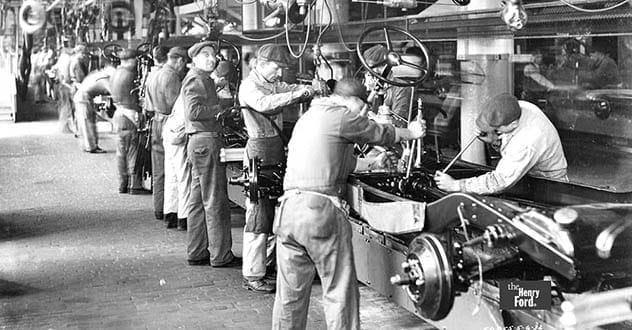
In December 1913, Henry Ford introduced the first moving assembly line. This innovation was based on the idea that a worker performing the same repetitive task is far more efficient than one handling multiple different actions. The result was a dramatic increase in labor efficiency: building a Model T car dropped from over 12 hours to just 2 hours and 30 minutes.[22]
Ford’s production line made cars accessible to the middle class, transforming them from luxury items to essential transportation. By reducing production time and costs, Ford could lower the Model T’s price from $850 to under $300. Mass production fueled mass consumption. A decade later, this efficiency led to another innovation: the five-day, 40-hour workweek. Manufacturing became so efficient that longer hours weren’t needed to meet demand and make profits, even after Ford famously doubled wages to $5 a day in 1914.[23] The assembly line thus helped usher in a new era of work-life balance.
1. The Enduring Influence of Christianity
Christendom, a term encompassing much of the Western world, holds a significant place on this list. While its history includes complex and sometimes dark periods, the Western world as we know it owes a great deal to the efforts of medieval monks, scholars, and principled Christian individuals.[24] During the so-called Dark Ages, monks in monasteries diligently preserved the wisdom of the ancient world through meticulously copied illuminated manuscripts.
Furthermore, convents and the women within them helped preserve female voices for posterity. In the 16th century, popes were notable defenders of women’s standing in marriage. The contributions of figures like St. Clare of Assisi, the polymath St. Hildegard von Bingen (whose music is featured in the video), and Doctor of the Church St. Teresa of Ávila have had a lasting impact. St. Hildegard’s influence on European society was immense. Many aspects of our society, including art, music, literature, social justice, and even manners, have been shaped by Christianity’s impact on Western governments and culture. In times of change, a guiding principle often attributed to Christian teachings remains relevant: “Do to others as you would have them do to you.” (cf. Matthew 7:12)[25]
These ten achievements are just a glimpse into the vast tapestry of Western Civilization’s contributions. Each one built upon the last, creating the complex world we inhabit today. They remind us of the power of human ingenuity and the enduring quest for progress.
What other triumphs of Western Civilization do you think are most important? Share your thoughts in the comments below!


